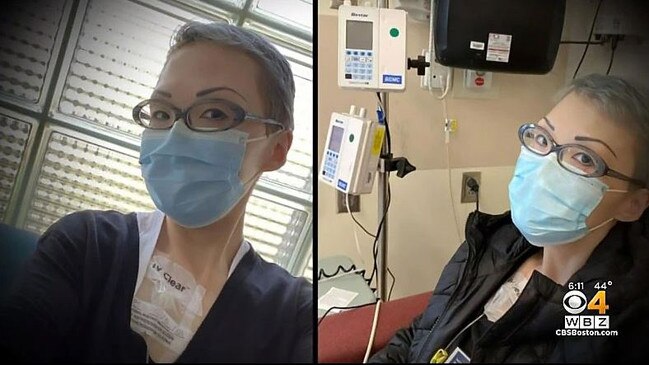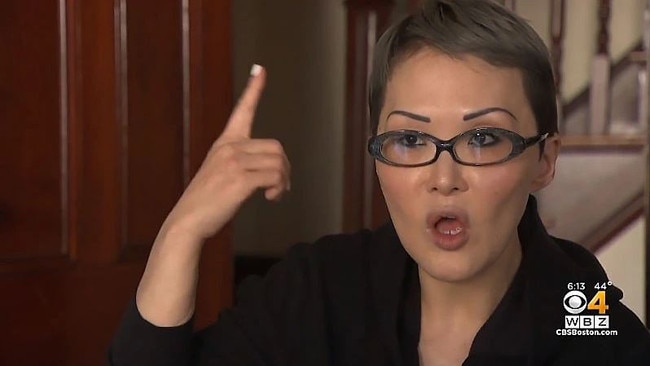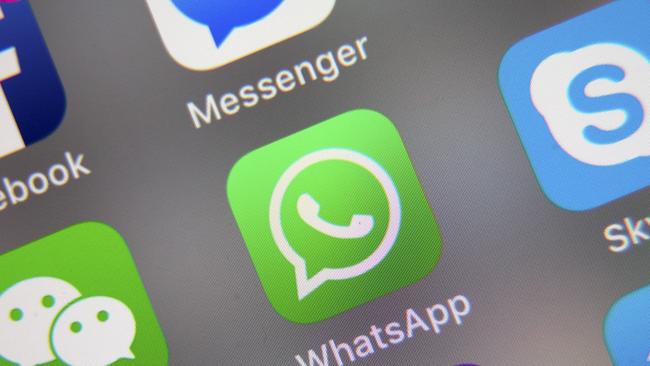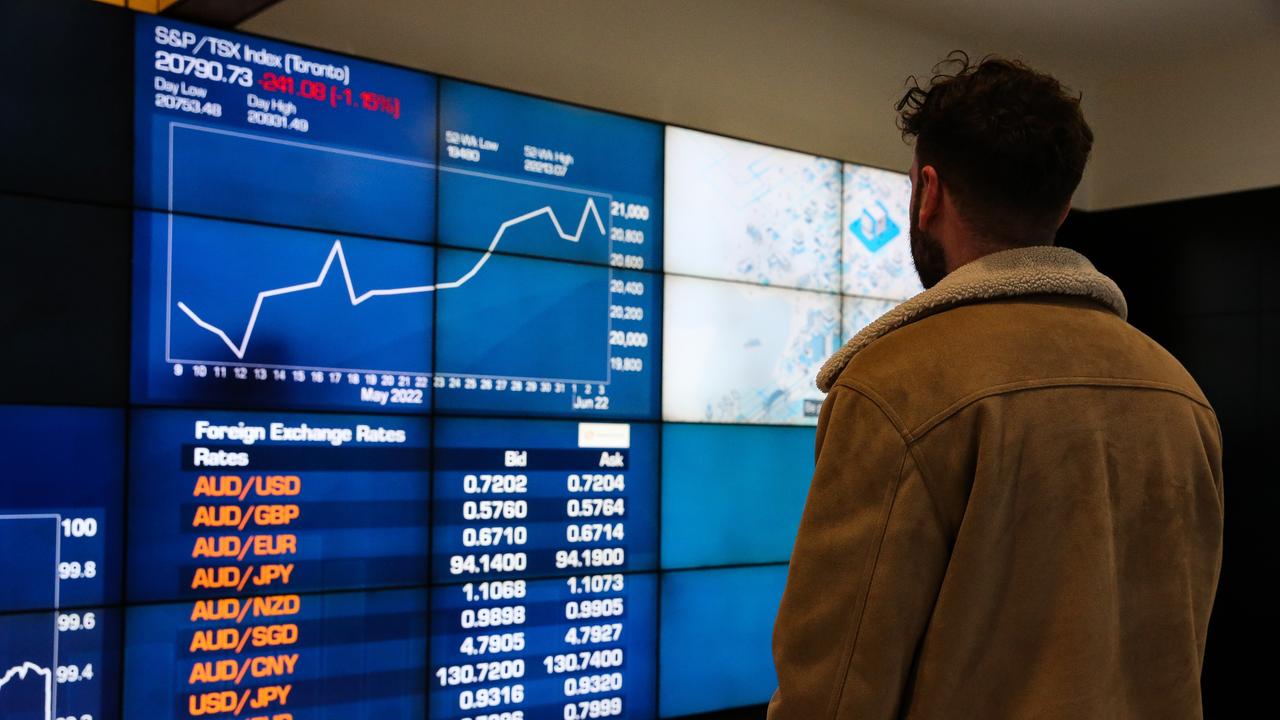Cancer patient loses $3.3m in online romance scam
A cancer patient from the US has told how she lost $3.3 million after she fell for an online romance scam.

Investing
Don't miss out on the headlines from Investing. Followed categories will be added to My News.
A cancer victim has spoken out about how she was scammed out of millions of dollars by a fraudster who preyed on ehr vulnerability.
Cindy Tsai had her stomach removed seven months after being diagnosed with gastric cancer.
At the same time she was going through a divorce from her husband of 16 years, who she hadn’t seen in person for three months before her diagnosis.
Cindy’s cancer had come back by September 2021, and weeks later she received her first message from “Jimmy” via WhatsApp.
At the time, Cindy said she was going through “the most vulnerable time I have ever been in my life”.
“Jimmy” had mistaken Cindy for a woman named Linda whom he claimed to have met at the pet store.
Cindy told him that he had the wrong number. Jimmy replied that Linda “looks Chinese” and that he was Chinese as well.
This shared origin brought the two closer together and they began constantly messaging one another, The US Sun reports.
Jimmy opened himself up to Cindy through their virtual communication, sharing selfies and carefully crafted food pictures that he supposedly made at home.
Cindy, a lawyer living in Newton, Massachusetts, believed that she had found a friend who would be there for her during trying times.
However, over the course of her three-month relationship with Jimmy, Cindy realised that she had fallen for a scam.

Building trust
Cindy knew about Nigerian scammers and says she wasn’t the type to fall for strangers online.
Before her illness, she never read messages from strangers on WhatsApp and wouldn’t even accept friend requests on Facebook.
Always careful with her money, Cindy had only recently become wealthy “in the last few years for returns on (her) real estate investments”.
At first, she didn’t have much time for Jimmy, telling him during their first night of talking that she wanted to log off.
But as the relationship progressed, Jimmy had broken down her walls by offering Cindy a lot of emotional support.
He’d often ask her about her cancer treatments – Cindy said her cancer kept coming back and had become terminal – he would have long conversations with her to get her mind off things.
“That innocent stuff went on for about 10 days,” said Cindy.
“That’s the kind of scary part about these scams, it’s that they’re very patient.”
After that tenth day, Jimmy told Cindy that he moved to the US from China and that his family was in the clothing business.
However, after the pandemic hit, they had to close their shop in Los Angeles.
Jimmy claimed that he spent his time day trading crypto online, telling Cindy that it had a much better return than her real estate investments.


At first, Cindy resisted Jimmy’s recommendations but she said that screenshots of his alleged crypto returns managed to convince her, along with reading about tech gurus such as Twitter co-founder Jack Dorsey and billionaire Elon Musk talking about crypto in the past.
Jimmy introduced her to an online trading market, which was actually a fake site that looked very similar to a legitimate one, bearing a similar name and look.
To help ease her stress, Jimmy consented to a video chat and allowed Cindy to pull money back out in her first few days of “trading” to convince her the ruse was real.
However, by the time it was over, Cindy had lost $2.5 million (AUD $3.3million).

Cindy had been a victim of a “pig-butchering” scam, according to the Global Anti-Scam Organisation, a volunteer-run advocacy and awareness group established in June 2021.
The phrase comes from a Chinese colloquialism for long-term cons such as this one. The group has over 500 volunteers, who have lost an average of nearly $100,000 (AUD $134,000) per person.
According to the group, Cindy fits the profile of a scammer’s perfect target: a relatively young, educated and successful person who is at a point in their life where they might be affected more by words and attention from others.
Cindy reached out to the group, which hopes to educate others about these scans and offers a 24/7 support chat for people who have been victimised or may be suspicious of an online “friend.”
“Our stories are severely underreported in the media,” said a spokeswoman.
“Even though these scams are probably wreaking economic havoc on a similar scale to the recent wave of ransomware cybercrime.”
This article originally appeared in The US Sun and was reproduced with permission
Originally published as Cancer patient loses $3.3m in online romance scam




